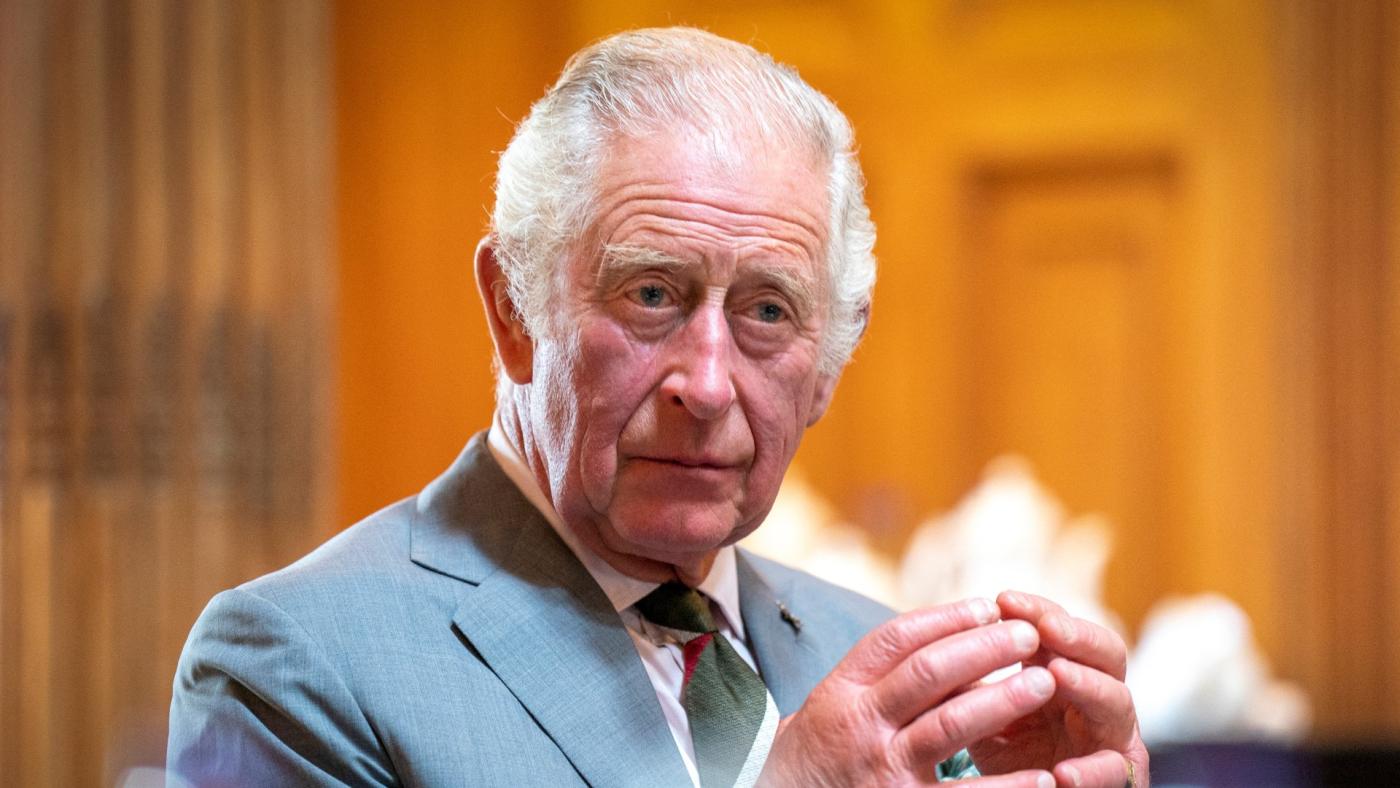A new report, called ‘Counter-terrorism in the NHS’, by Warwick University has found that four NHS mental health trusts subject patients to blanket screening for radicalisation. Others trusts reported that they screen only those they have specific concerns about.
Significantly, the report found that some individuals have been referred to the Prevent programme by NHS staff for going on pilgrimage to Mecca or for watching Arabic TV. 70% of the NHS staff surveyed also said “they would be likely or very likely to raise a Prevent query on the basis of someone owning anarchist or Islamic philosophy book”. Two-thirds also said “they were not confident that they could distinguish someone who had been radicalised from someone who had an interest in Middle Eastern politics”.
The report states, “There is evidence to suggest that the mentally ill are being inappropriately stigmatised as terrorism risks”.
The UK is the only country in the world to incorporate the duty to report signs of radicalisation into its healthcare system and reported two-thirds of NHS Prevent referrals come from mental health trusts. As such, NHS trusts must train staff to report patients and staff they suspect of being radicalised to safeguarding teams. However, less than half of the 329 staff surveyed believe that Prevent belongs in the NHS or regard it as a safeguarding measure.
The report is expected to add to already well-established concerns about the Prevent programme regarding its implementation. It notes that each NHS trust receives a daily counter-terrorism briefing from the Home Office, but questions why the NHS requires “daily briefings on international terrorism for its work”, and notes that Prevent in the NHS has moved from a welfare- oriented, safeguarding measure to a security-oriented endeavour which is operating in a legal grey area and in a subjective manner. In addition, despite the fact that the NHS philosophy is “no decision about me without me”, the report finds that consent is rarely obtained before a Prevent referral is made.
One of the report’s authors said of the findings, “Historically this kind of thing has existed in non-democratic societies and we know the history of where that leads. It becomes deeply concerning when you look at the real world of how it works for people being asked to do something they are not trained to do and identify people who might in the future become dangerous. There is deeply problematic mission creep here”.
The report urges the four trusts who screen all patients for radicalisation to stop doing this.
There has been little coverage regarding the report in the media, and little reaction on Twitter. However, the Muslim Public Affairs Committee UK tweeted a link to an article covering the findings with the hashtag #EndPrevent.
The full report can be found here: https://www.euro-islam.info/project_report_60pp/.
The British Medical Journal (BMJ) has previously found that the government’s counterterrorism strategy is having little impact in the NHS. The journal collected statistics from 59 acute trusts in England, finding that there are low levels of referrals to Prevent (75 referrals between 2015 and 2016, although some trusts replied but withheld information).
The BMJ notes however, that mental health trusts in England do record a much higher level of referrals, which it says is “not surprising given that psychiatric patients are more likely to discuss such issues with their doctor”.
It also noted, along similar lines as the report by Warwick University, that “many NHS staff have been left ill-prepared to deal with the Prevent programme”, as training on implementing the programme is not consistently delivered to all staff across hospitals. The BMJ also echoes concerns about the potential breach of doctor-patient confidentiality by and lack of transparency of the Prevent initiative.
Mark Rowley, Metropolitan Police assistant commissioner, who is the national lead for counterterrorism policing, told the Journal that the involvement of the NHS in Prevent is “massively important, more important than it’s ever been”, adding that a disproportionate amount of the attacks foiled by the security services since 2013 involve mental health issues. He stressed that collaboration between the NHS and the police is about safeguarding the vulnerable rather than surveillance, but acknowledged the need for more transparency around the strategy in order to win over those in the NHS who are sceptical, and the need for more research to account for terrorists’ changing tactics.
Sources
Taylor, D. (2018) ‘Report finds some NHS mental health trusts screen all patients for radicalisation’. [online] 19 March. https://www.theguardian.com/uk-news/2018/mar/19/report-finds-some-nhs-mental-health-trusts-screening-all-patients-for-radicalisation-prevent. [Accessed 23 March 2018].






